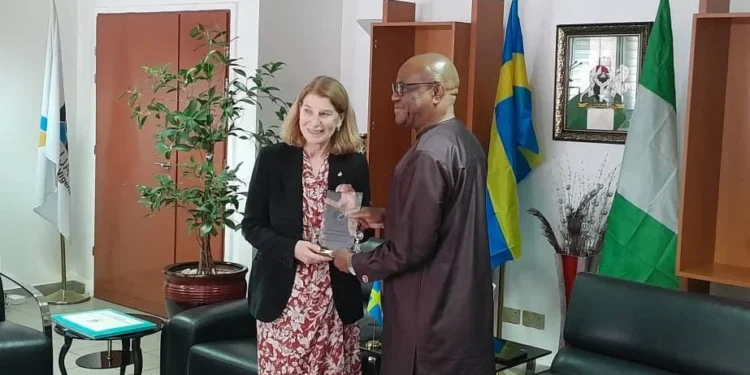The Minister of the Federal Capital Territory (FCT), Mr Nyesom Wike, on Tuesday, wooed investors from Sweden and Rwanda, to invest in the territory’s tourism sector and environmental management.
Wike expressed the FCT Administration’s readiness for the partnership when the Swedish Ambassador and Rwandan High Commissioner visited him in Abuja.
The minister said that the FCTA was open to partner with Swedish investors to develop tourism centres in the FCT.
“Tourism is one key area that people would like to see developed in Abuja.
“We will be happy if we partner together and develop some tourist centres with companies who have the capacity and the capabilities,” he said.
The minister added that Sweden was known for its advancement in technology and agriculture.
“So, we will be willing to partner with some of your companies who are interested in investing in FCT.
“Our responsibility is to make sure the environment is very convenient and conducive for everybody to carry out their daily activities,” he added.
The minister also pledged to collaborate with Rwandan investors in environmental management, towards building a cleaner and environmentally friendly city.
Earlier, the Swedish Ambassador to Nigeria, Hahn-Englund, said that Sweden has a strength in infrastructural development, including public transportation.
She particularly said that the Swedish Red Fund was currently doing a feasibility study in Lagos on energy and biofuel for public transportation.
“It would be of interest also to look into something similar here in Abuja.
“So, infrastructure, transportation and other areas where we are very strong are energy, telecommunications just to mention a few, with companies like Ericsson,” she said.
Similarly, the Rwandan High Commissioner to Nigeria, Christophe Bazivamo, said that some investors from Rwanda were already showing interest in the FCT environmental sector. (NAN)











